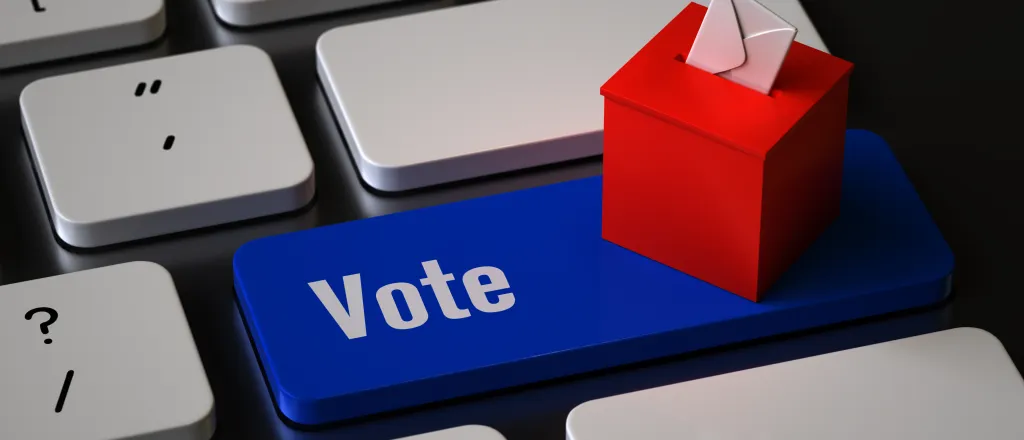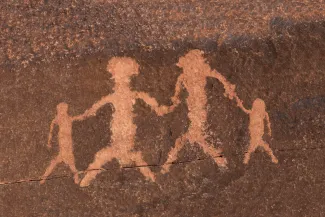
Overcoming odds in boosting Native representation in elected offices
Click play to listen to this article.
(Prairie News Service) As Americans head to the polls this Election Day, researchers noted there are a record number of Indigenous candidates seeking public office around the nation.
The positive outlook is trying to shake off long-standing barriers. The advocacy group Advance Native Political Leadership said this fall, they tracked at least 170 candidates who self-identify as Native American, Native Hawaiians and Native Alaskans, including eight in North Dakota.
Elise Blasingame, scholar-in-residence for the group, said a steady increase has been building but bigger gains are still needed to establish true representation of tribal populations.

"If we had descriptive parity for Congress, let's say, we would have 15 Native members," Blasingame pointed out. "Right now, we have five, and the most who have served at any given time is six."
At the state level, North Dakota has been fighting redistricting-related legal victories for tribal areas, with groups like the Native American Rights Fund stepping in to protect updated legislative maps. Blasingame noted it shows the backlash Native candidates and their supporters still face but predicted the work being done will eventually level the playing field.
Researchers said as more Natives get elected, it is important for their respective political parties to support them and encourage Indigenous caucuses in statehouses. Blasingame suggested having a more coordinated voice can help offset the delicate balance Native lawmakers have to deal with once they are sworn in.
"They're trying to represent the interests of tribal communities, which often have to do with sovereignty and promoting the sovereignty of Native nations," Blasingame explained. "While simultaneously representing the interests of other American citizens in the district."
She credited the Native American Rights Fund for prioritizing the recruitment of Natives for judicial seats because of the extremely low representation for that branch of government. Separately, the group just released a video feature this election cycle about the continued efforts to overcome discrimination and voter rights issues in North Dakota.

















